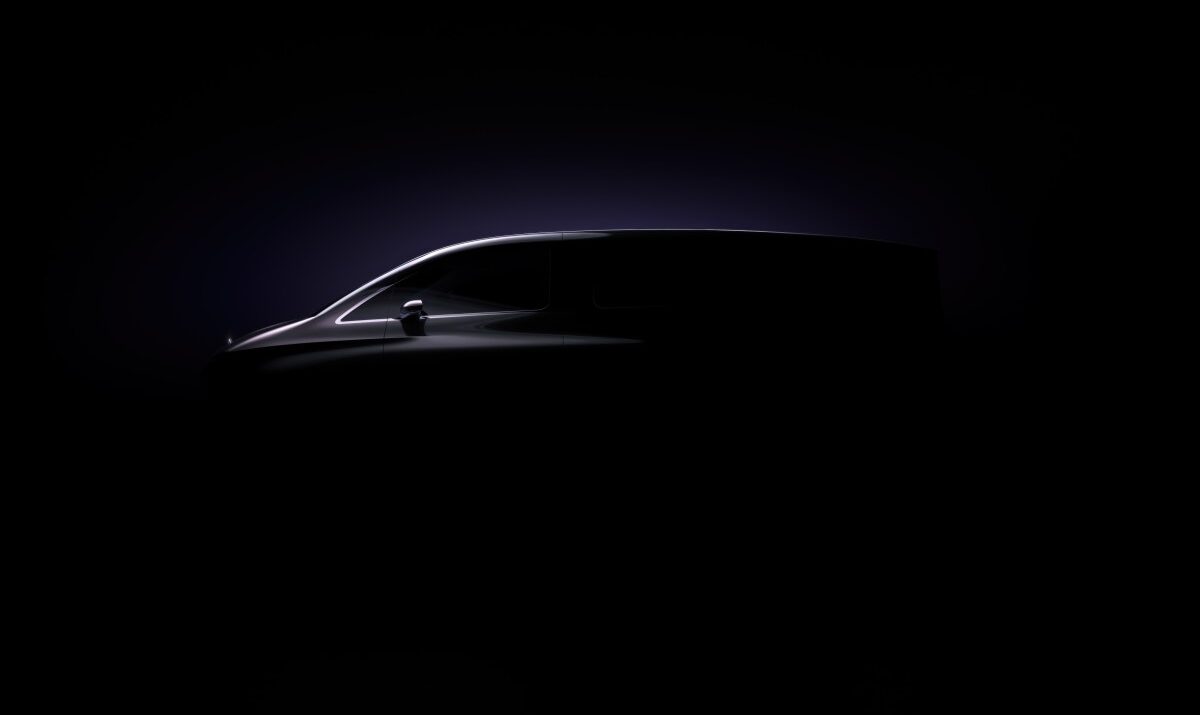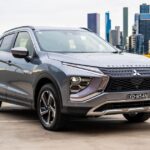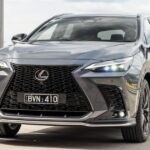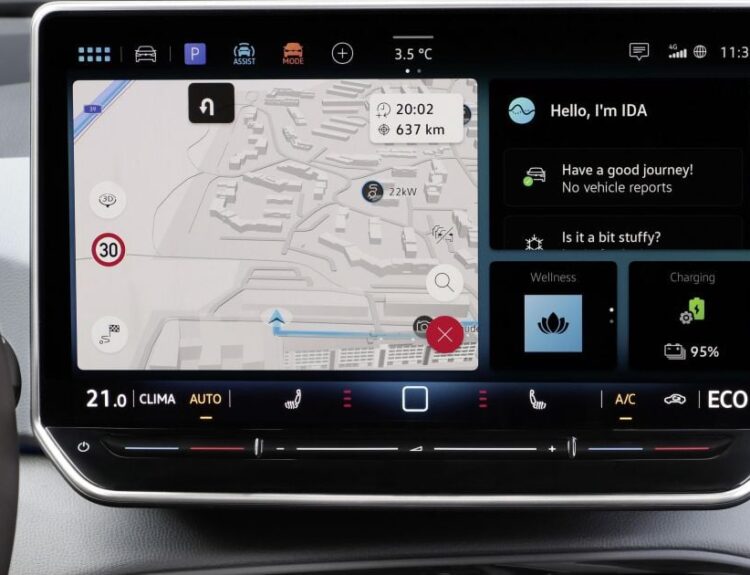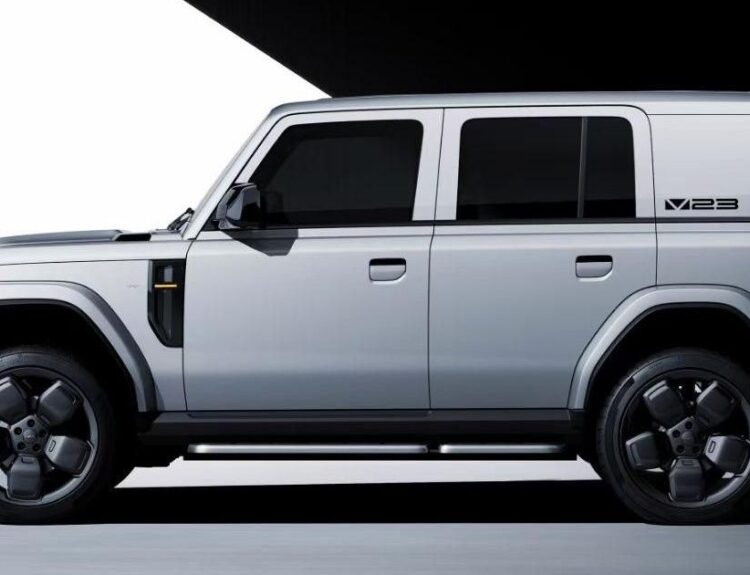When one reflects on the illustrious name “Mercedes-Benz,” visions of opulent S-Class sedans and imposing G-Wagons undoubtedly come to mind. While these models embody the brand’s prestige, it is crucial to recognize that Mercedes-Benz has cultivated a robust presence in the van segment as well.
### Mercedes-Benz Vans: A Legacy of Innovation
Mercedes-Benz has a rich heritage in van manufacturing that stretches back several decades. From the versatile Sprinter—long lauded for both commercial and passenger applications—to the Metris minivan, the company has consistently navigated the van landscape. One of its pioneering mass-produced vans, the TN or T1, rolled off assembly lines from 1977 until 1995, establishing itself as a ubiquitous sight on European thoroughfares and serving varied roles from passenger transport to ambulances and fire trucks.
In Europe, the brand has also introduced the EQV, an electric passenger van that boasts an impressive range of 222 miles and can recharge in just 45 minutes—a testament to their commitment to innovation in the realm of sustainable mobility.
### A New Era on the Horizon
Recent announcements hint at a transformative era for Mercedes-Benz Vans, set to launch in 2026 with the introduction of their Van Electric Architecture, or VAN.EA. This modular framework is designed to be adaptable, paving the way for a diverse array of van models, from high-end minivans and VIP shuttles to premium commercial vehicles.
The brand has offered only a glimpse of what’s to come, releasing a teaser image showcasing the front end of a luxury limousine scheduled to make its debut in spring 2025. Evocative of a sleek, lower-slung version of the EQV, this forthcoming model is cloaked in black with chrome accents, embodying the quintessential image of a high-end limousine. Further details remain under wraps, but enthusiasts and potential buyers alike eagerly anticipate more information.
### Concluding Thoughts
Vans have always played an indispensable role in society, whether for transporting goods or passengers, and Mercedes-Benz stands as one of the most recognized names in this market. By centralizing their forthcoming electric vans on a shared platform, Mercedes-Benz aims to enhance efficiency, reduce production costs, and, in turn, offer more affordable options to consumers.
Their vans not only cater to practical transportation needs but have also inspired a vibrant community of enthusiasts who transform these vehicles into adventurous camper vans and rugged off-roaders. As the van life phenomenon continues to capture imaginations, it’s clear that Mercedes-Benz intends to lead the charge into the future of versatile and luxury mobility.
Source:www.autoblog.com

